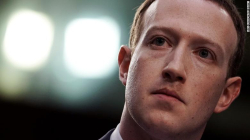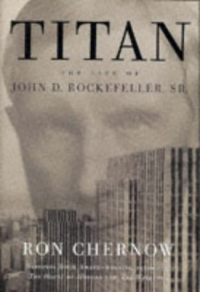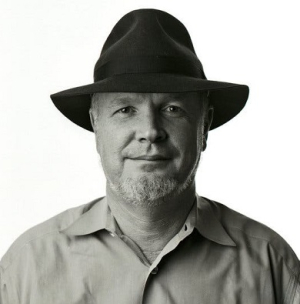Extremism in the defense of liberty is a vice, for with extremism there is no liberty.
Moderation in the pursuit of justice is a virtue, for without moderation there is no justice.

As usual, the easy things were done first. The President, and those who wanted to overthrow the Constitution, have seen their use of Twitter, Facebook and other platforms curtailed. Censors are now going through all major platforms, erasing accounts and messages encouraging violence.
The First Amendment is not absolute. Oliver Wendell Holmes famously wrote, “You can’t shout fire in a crowded theater.” At the time theater lights were chemical. Limelight was dangerous. That’s why asbestos curtains were erected. Encouraging panic violated the letter, but not the spirit, of the amendment. It’s incitement. So inciting violence is also not protected.

Something more flexible is called for. Guidelines need to be promulgated, advisors on the guidelines must be hired, and a complex system of notice must be created, for public Web sites. Sites that aren’t scaled generally do a good job of moderation, unless the sites are set up by those who want to break the rules. Larger sites, like Facebook, may face a “tax” on their revenue, to pay for the new bureaucracy.
They’ll be happy to pay because the tax will act as a moat against competitors. They are a barrier to entry for anyone else. They will solidify monopoly. It reminds me of what John D. Rockefeller was reported to have said on a golf course, after being told the Supreme Court had broken up his Standard Oil monopoly. He calmly hit his putt and said, “Buy Standard.” Buy Facebook.

Europe wants to go much further. The “Digital Services and Digital Markets Act” could raise costs, and limit monetization, to the point where free Internet discussion goes underground. Digital companies will lobby, but they will also seek to comply because, just as with U.S. action, anything that increases costs raises barriers to entry.
Autocrats will use what has happened, and what will happen, as excuses to tighten their rules further. I don’t care. They don’t need the excuse. This will create challenges for U.S. policy. What do we do about the “Dark Web?” If we go too far in policing it, we play into the autocrats’ hands.
But that’s a bridge we’re going to have to cross. That’s the bottom line. Because of Donald Trump, and his incitement to violence, the Internet is going to be balkanized, subject to millions of rules in thousands of jurisdictions. Online citizens are going to have to watch their backs and watch what we say. Freedom will be diminished. But ordered liberty will be established.










